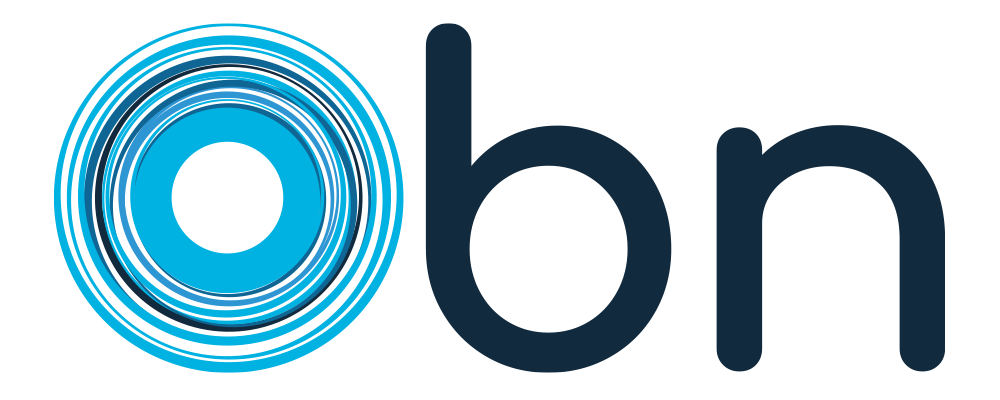
SDG Impact Accelerator, which I helped to design and implement, conducted its first demo day on September 13, 2019, in Istanbul. In this pilot cohort, the startups focused on solutions for refugee populations, more specifically on two challenges: (1) Digital ID and (2) portable sanitation. Nine startups presented their products, who finished the program out of the 150 applicants from 37 countries. In the audience were not only techies, founders, and investors, but also diplomats, policy-makers, and international do-gooders from around the world.
There is no shortage of accelerator programs towards social good and UN Sustainable Development Goals (SDGs) [for details, please see our Feasibility Report]. What makes the SDG Impact Accelerator unique is that it brings together partners from different spheres for the startups to cooperate with on specific challenges:
- The Government of Turkey (through its Ministry of Foreign Affairs)
- Bill & Melinda Gates Foundation
- United Nations system through the UN Development Program and The World Food Programme
- Turkish corporates like Eczacibasi and Limak
This unique public-private partnership structure enabled the implementation of three innovative approaches for international development and diplomatic communities:
Technology diplomacy. For centuries, armies were the most crucial power of nations. Then came economic statecraft. In the last two decades, diplomats started to talk about soft power — the ability to shape the preferences of others through appeal and attraction. Only in the last few years, “technology diplomacy” has become a tool for foreign policy. This is why more than 30 countries around the world have a startup visa program now (the most famous being Startup Chile). This is also why Denmark, and in turn, France appointed “technology ambassadors.” These countries acknowledge that technology in itself became a “superpower” and they need to establish “diplomatic” relations with the technology actors to get the most of them.
SDG Impact Accelerator is a technology initiative that epitomizes Turkey’s fundamental pillars about foreign policy: humanitarian values and entrepreneurial spirit. Startups from around the world, including Kenya, Rwanda, the Netherlands, the United Kingdom, the United States, Palestine, Jordan, and India, worked on global technology solutions for the global refugee issue.
Probably, there could not be a better testbed for solutions targeting 60 million refugees around the world than Turkey, given that Turkey hosts 4 million Syrian refugees, the largest refugee population around the world. SDG Impact Accelerator brought together the United Nations, global philanthropies, and businesses with startups to implement real solutions. By walking the walk instead of talking the talk, SDG Impact Accelerator has set a new benchmark for technology diplomacy.
Bottom-up development solutions. Until recently, international development has always dominated by top-down approaches: Policy-makers, in national or international organizations, sometimes working with a global consultancy, determine a technical solution, and then implement it through the vast bureaucracies of government departments or aid agencies. Our approach is based on the premise that solutions to grand challenges such as Digital ID are rather quickly prototyped and tested in the field.
The old approach would prepare detailed procurement terms of reference and invite contractors with sufficient credentials to implement a solution. In the SDG Impact Accelerator, startups come up with “solutions as hypothesis,” test them in the field and learn, and develop scalable products based on these learnings. We believe this is a more efficient and agile method for coming up with and implementing development solutions. We are not alone in this — for instance, the Development Innovation Ventures of the USAID or Grand Challenges Canada have been running similar competitions for years. SDG Impact Accelerator is one of the first attempts to bring this concept to an emerging market country.

Representatives of Bill & Melinda Gates Foundation, Eczacibasi Holding, and the founder of Change Water Labs who will represent at the UN General Assembly in September 2019 on their portable toilet solutions.
Adopting global technologies into the local context. Most technology solutions depend on a worldwide technology implemented locally. For instance, a self-driving car is a global technology. Not in too distant future, taxicabs will be self-driving. Yet in different parts of the world, people hail taxis differently, sometimes by raising their hands, sometimes by raising their thumbs or fingers, or through other actions. Imagine running a self-driving taxicab machine learning application trained with USA data in China.
In the first pilot of the SDG Impact Accelerator, we focused on an excellent example of the implementation of global technology in a hyperlocal context: toilets! All toilets are alike — they all turn feces into sewage. But as anyone who traveled around the world would know, all toilets are different from a user’s point of view. Sometimes you sit on a toilet, sometimes you stand up, and sometimes you do a squat. Gender is another issue in different cultures when using a toilet.
Bill and Melinda Gates Foundation developed a global technology to de-link the toilet from the sewage network. Yet the implementation of this technology will be different in different places and for different people. So we brought together Gates Foundation with Eczacibasi Vitra, one of the largest toilet systems producers in the Middle East and Europe. Together with startups, these partners focused on how to implement portable toilets for refugees in Turkey and tested different solutions in the field for the first time.
To learn more on SDG Impact Accelerator, please see www.sdgia.org

